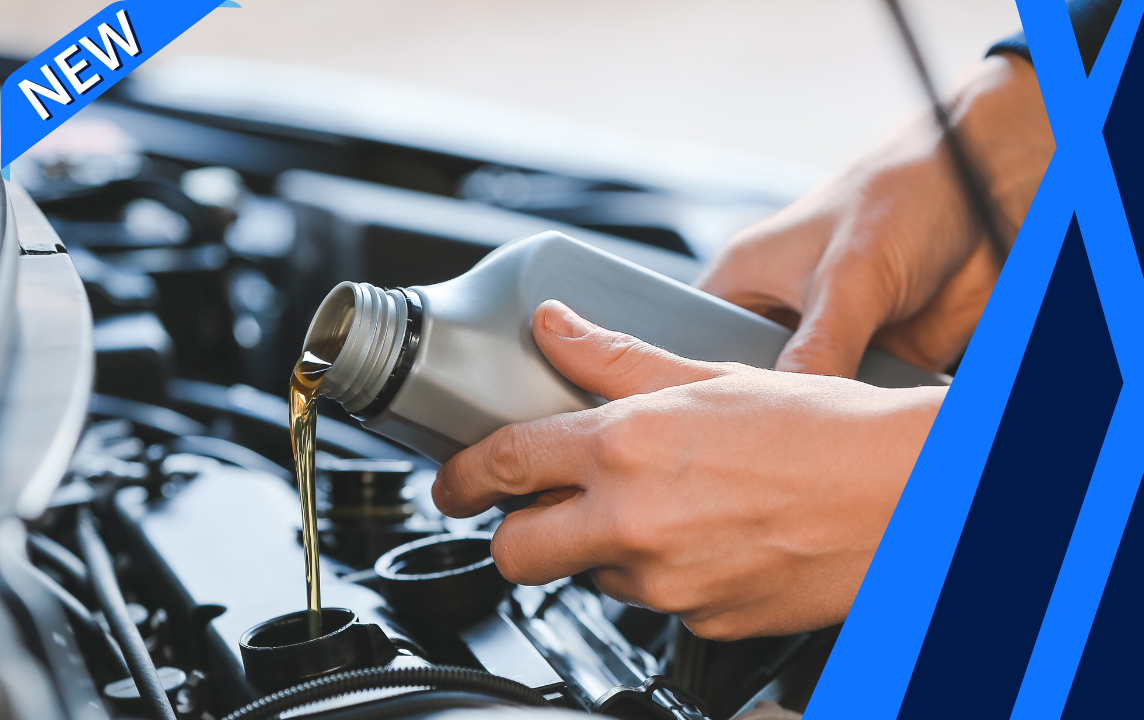Description
Loud squealing or rattling is coming from engine Inspection
How this system works:
Your car’s engine provides the power for most of your accessory systems, such as the power steering, the air conditioner, and more. A turning engine provides the means to operate a wide range of additional parts. This is done by using belts and pulleys. In modern vehicles, you generally only have one or possibly two belts. These are routed around multiple pulleys located on the side of the engine (and attached to various components).
As the engine spins, it turns the main pulley, which is attached to the camshaft. This main pulley drives the serpentine belt. The serpentine belt turns other pulleys, such as your alternator pulley, the power steering pump pulley and others. This provides the power for those systems to operate.
Of course, this does require that your belts are in good condition and that your pulleys are working normally. Over time and through normal wear and tear, belts will stretch, crack and break. Pulleys will also experience problems (generally due to bearing failure over time).
Common reasons for this to happen:
- Stretched Belt: Belts are made of rubber, and while they’re designed for high-performance and high-heat situations, they do wear. First, they’ll begin to stretch. If you hear a squealing sound from under the hood, the chances are excellent that it’s a belt slipping on the pulley.
- Failing Pulley Bearings: When the bearings in a pulley begin to fail, they can produce rattling and squealing sounds. This can easily confuse other problems, including a stretched belt, loose exhaust components and more.
- Loose Exhaust: Your exhaust system runs from the exhaust manifold on the engine, underneath the engine, and then under the car to the muffler. Suppose your exhaust is damaged or support has come loose. In that case, it’s possible that it could make a rattling sound during operation (particularly noticeable while idling and when accelerating).
- Worn Brake Pads: If you hear a squealing sound from the front of the car, there’s also the possibility that the brakes are worn out. Disc brake pads are equipped with a “squealer”, which is nothing more than a small piece of metal designed to contact the rotor when the pads are close to the end of their life. This creates a warning squeal, telling drivers it’s time to replace their pads.
What to expect:
A top-rated mobile mechanic will come to your home or office to inspect the engine, belts, pulleys and other components and to listen to the squealing or rattling from the engine. The mechanic will then provide a detailed inspection report that includes the scope and cost of the necessary repairs.
How it’s done:
The mechanic will need to inspect the vehicle, including listening to the squealing or rattling noise from the engine. Next, the mechanic will visually inspect the belts and pulleys to ensure that both are in good repair. Suppose the noise does not occur when the engine is idling. In that case, it may be necessary for the mechanic to test drive the car to duplicate the symptoms and better understand the problem.
How important is this service?
If the squealing or rattling sound from the engine is caused by either a belt or pulley, time is of the essence in addressing the issue. A loose belt can quickly progress from squealing to breaking, potentially leaving you stranded on the side of the road. Suppose the problem stems from a worn pulley. In that case, it may eventually seize, which means that whatever accessory it operates will no longer work and that there’s a chance the belt will break.
Suppose you’re experiencing a squealing or rattling sound from the engine. In that case, one of our professional mechanics can diagnose and repair the problem. The best way to prevent problems like this from becoming a severe issue is to have your belts and pulleys professionally inspected during routine maintenance services.




